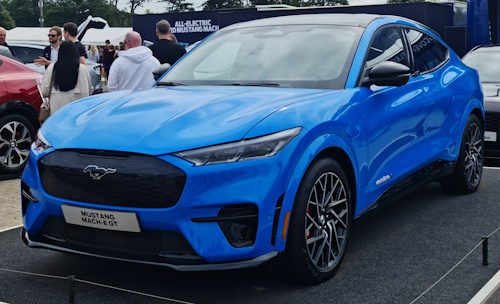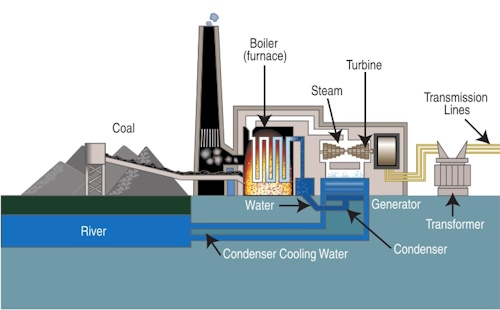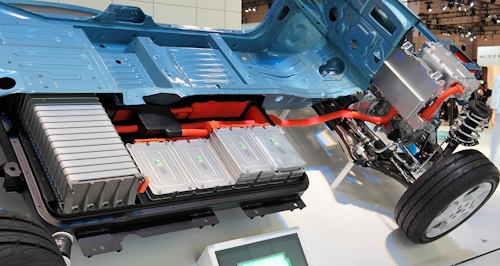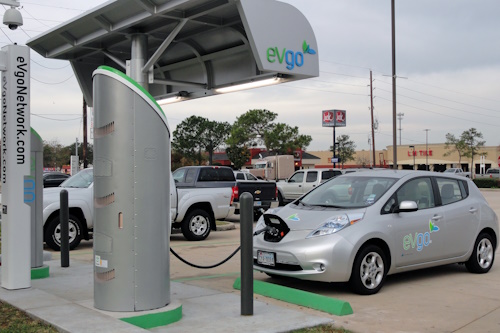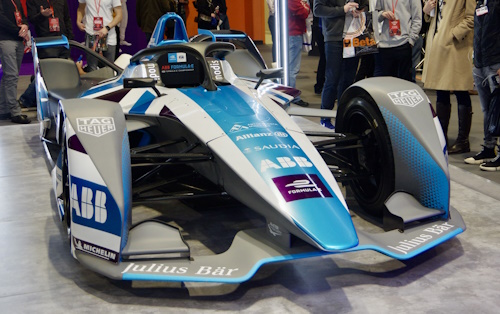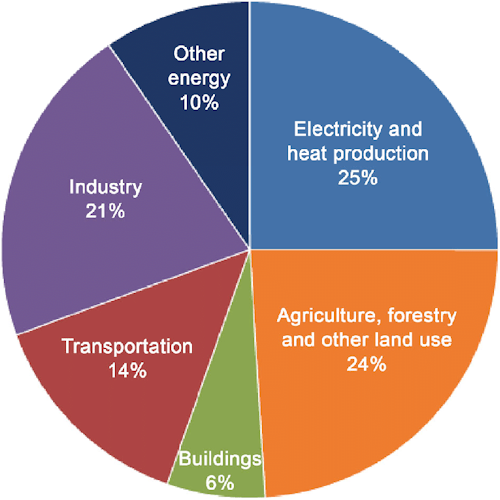Are EVs Really the Future of Cars?
EVs are taking over gas-powered cars, and it’s just a matter of time for us to see the roads full of noiseless, non-polluting cars.
The European Union has established 2035 as the year in which gas-powered cars cannot be sold anymore. Moreover, everyone in general claim they are the future of transportation.
However, are they really less polluting than traditional combustion cars, and is it really worth it buying one? Keep reading to find out.
Electricity generation
The idea of having a car run on electricity sound really nice; charging an EV costs on average a third of what filling up a gas tank does. What many people haven’t thought about is that electricity first needs to be generated someway, and that way is mainly by burning fossil fuels.
What this means is that even though your car runs on electricity, fossil fuels first need to be burnt to generate that electricity. Approximately 60% of the worldwide generated electricity is created by burning fossil fuels, and the other 40% is by using renewable energy such as wind, sun rays or water flow.
In conclusion, just because your car isn’t emmiting pollution doesn’t mean it already hasn’t.
Battery production
This section is closely related to the previous one.
As we know, EVs use lithium batteries. Just as I mentioned before, in order to extract the lithium for the batteries, more fuel needs to be burnt: whether it’s for transportation for the workers at the mines, the extracted materials or the mining and excavation itself.
Moreover, another topic related is battery life. A normal EV lithium battery lasts around 200.000 km (124.000 miles), and changing it is expensive.
Charge time
Charging an EV is definitely one of the biggest cons of electric vehicles. On average, charging an EV lasts around 3 hours. Unless it’s charging during the night, charging the car during the day is awful especially when you’re on a hurry. It’s so slow even the fastest charging station you can find still lasts 30 minutes for a full charge, a lot of time compared to the minute you last refueling a combustion car.
Here is the average charge time depending on the charging station:
Standard outlet (3 kW): 8 hours Domestic charging station (7 kW): 3 hours 24 kW electric station: 1 hour 50 kW electric station: 30 minutes
Low range
Battery technology still has a long way to go until it’s a perfect design. For that reason, EVs have a low range compared to gas-powered cars.
For example, the average range a combustion car can go is 648 km or 403 miles, and the EV which goes the farthest (Tesla Model S) barely reaches the combustion engine car average, and that is, if you keep a more or less constant speed.
This specific problem is really holding back truck manufacturers from making the change to electric.
Not enough charging stations
Unless you installed your own at home, finding public charging stations is quite hard. EV haven’t popularised enough, which leads to the lack of charging stations. For this reason travelling with an electric vehicle is quite risky, because you may not find any charging stations near enough, although it is true this problem will decrease as time goes by.
Not enough repair shops
Once again, this section is really similar to the previous one. The lack of popularisation makes finding an EV repair shop difficult. As mentioned before, this problem will get solved as time passes and EVs are popular enough.
EVs in racing?
Even though there are racing events in which every car is 100% electric such as Formula E, I don’t think (from a subjective view) that electric motors are the future of racing cars. I think combustion engines are unique: their sound, their acceleration, and essentially their feeling makes them immune to the electric change. It is also important to know that the total volume of racing cars compared to the rest of normal cars is really small, and if they get to stay in racing events such as Formula 1, this would make no difference on climate change.
Climate change
A thing that really bothers me is the emphasis on this problem that governments are giving to the specific transportation problem. Yes, it is true and I agree on the fact that there are too many combustion cars in the whole world which pollute the earth, but this is not the main problem. Let’s see this annual greenhouse gas emission by sector graph:
As we can see, transportation is only responsible for 14% of the total annual greenhouse gas emissions!
What I’m trying to say is that apart from transportation, there are many other sectors that pollute a lot more, and I’m not seeing as much of an attempt to fix these other sectors than I am in the transportation sector.
Conclusion
Climate change is a real thing, and we need to stop it as soon as possible. From my point of view, changing to electric vehicles is a great decision, but there are other factors we may have not considered…
